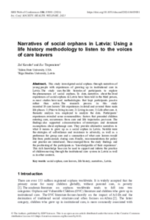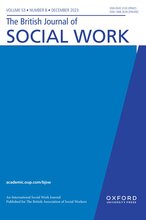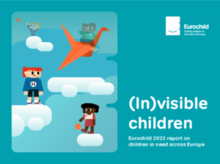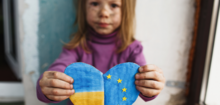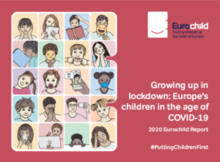Displaying 1 - 10 of 30
This study investigated social orphans through narratives of young people with experiences of growing up in institutional care in Latvia. The study uses the life histories of participants to explore the phenomenon of social orphans.
At the end of 2019, an innovative approach was launched in social work with young people in out-of-home care in Riga. This approach included prevention, changes in the form and methods of social work, and planning for the transition period.
This article uses life history research to reveal a new understanding of institutional care. The study draws on interviews with care leavers from a Latvian orphanage who narrate life histories and identify critical life events and moments of resistance to times of adversity.
This report highlights the recommendations and priorities that EU decision-makers and national governments can do to support the most vulnerable children and prevent widening inequalities.
Eurochild has carried out an urgent mapping, with support from its members, UNICEF country teams and government representatives across 13 countries. The mapping examines the laws and policies at national level for children in alternative care and unaccompanied and separated children from Ukraine who arrive in the following countries: Czechia, Estonia, Germany, Greece, Hungary, Italy, Latvia, Lithuania, Poland, Romania, Slovakia, Spain and the United Kingdom.
Latvia's parliament on Thursday passed new amendments to the Law on the Protection of the Children Rights, under which American citizens would no longer be able to adopt Latvian children, member of parliament Artuss Kaimins told Sputnik on Thursday.
"The process of deinstitutionalization in Latvia is moving forward," says this article from Latvian Public Broadcasting. "The number of children in institutions has decreased three times over the past decade, the Ministry of Welfare (LM) told Latvian Radio May 12."
This report reflects on the effects of the coronavirus pandemic on children. It compiles information gathered from 25 countries across Europe, and provides recommendations for improving public policies in the short and long-term to support better outcomes for children and families, including children in alternative care or at risk of separation.
Join this webinar to walk through the PROMISE Child Participation Tool and to discuss approaches and considerations for soliciting children’s views on their Barnahus experience.
The purpose of this webinar is to shed light on the specific experiences and issues of unaccompanied and separate girls in the European Response.

